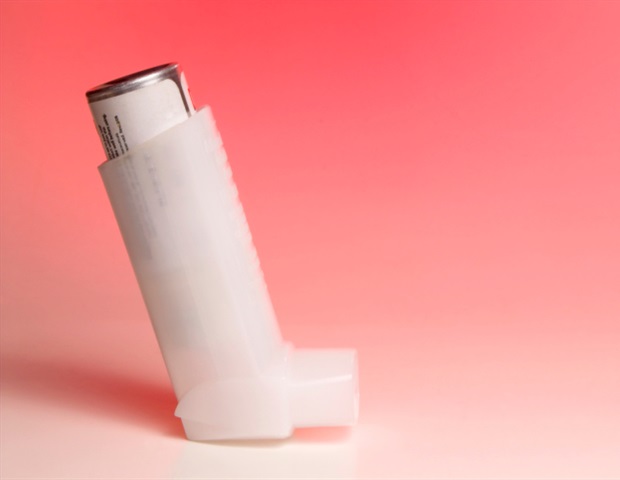Childhood-onset systemic lupus erythematosus (cSLE) is a chronic, severe autoimmune disorder that carries a risk of early organ damage. Identifying specific predictors in children is vital for preventing such damage. At their 2024 congress, EULAR - The European Alliance of Associations for Rheumatology - ran a session on pediatric rheumatology that showcased new work on the factors associated with damage accrual in cSLE, with a focus on corticosteroid regimens and maintenance of low disease activity.
cSLE is a rare multisystem disorder with significant associated morbidity, but evidence-based guidelines are sparse, and as such management is often based on clinical expertise. The EULAR/ACR-2019 criteria have shown sensitivity in cSLE patients, which could allow earlier recognition of patients with single or major organ involvement, but identifying specific predictors in this vulnerable group is vital for preventing long-lasting damage. The new work, presented at the 2024 EULAR congress, aimed to work out how clinical, demographic, and treatment variables correlate with damage accrual in cSLE.

Maria Hanif and colleagues hoped that stratifying patients according to average disease activity levels over the disease course would help them to identify independent predictors of damage - even in children with low disease activity. To achieve this, data were collected in 430 children taking part in the UK JSLE Cohort Study. Analyses were performed across the entire cohort, as well as i.























